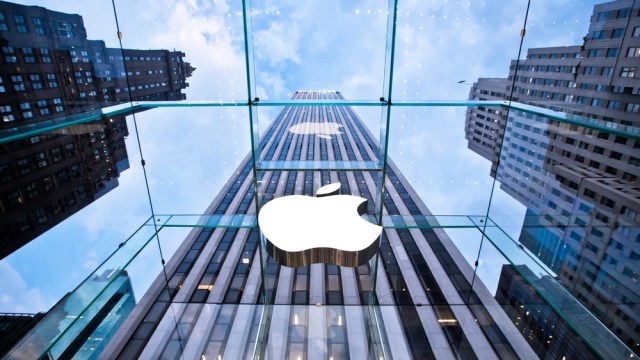What’s in Your Pension Fund? Liquor? Cheese?

What’s the Latest Development?
Facing financial obstacles along the way to paying out retiree pensions, businesses are increasingly moving their own products into employee benefit plans or investing in exotic goods that, while unconventional, are predicted to pay gains in the future. “For example, Dairy Crest, one of Britain’s biggest producers of dairy products, said Friday that it would add £60 million, or $92 million, worth of Cheddar cheese to its pension fund. That is about 20,000 tons of cheese, or 40 percent of its current maturing cheese inventory, the company said. (It will be constantly replaced as it ages.)”
What’s the Big Idea?
Uncommon investments are attractive to businesses because they offer low-capital requirements with promises of payouts that are higher than bonds. “The higher the assumed rate of return, the lower the requirement on the employer to fund the plan in full,” said Andrew Frank Thompson, a finance professor at the University of Northern Iowa College of Business. “If I’m assuming a 20 percent annual return, I don’t have to put as much in. So employers like the idea of investing in exotic types of things.” While large private pension plans must be approved by the federal Labor Department, individual states face no such requirements.
Photo credit: Shutterstock.com


